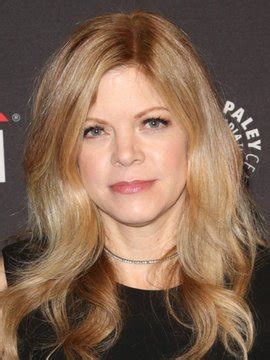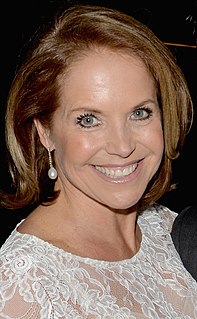A Quote by Leonard Nimoy
What I'm exploring right now is the subject of my own mortality, It's an area that I'm curious about, and I'm researching it to see if there's a photographic essay in it for me. If images don't start to come, I'll go to something else.
Related Quotes
Knowing a great deal about what is in the world art, catastrophe, the beauties of nature through photographic images, people are frequently disappointed, surprised, unmoved when the see the real thing. For photographic images tend to subtract feeling from something we experience at first hand and the feelings they do arouse are, largely, not those we have in real life. Often something disturbs us more in photographed form than it does when we actually experience it.
I began researching and writing what I intended as a book-length essay entitled Fascination and Liberation, exploring the question of whether there is a conflict between creativity and the Eastern form of enlightenment. I don't know if I'll ever finish that essay, because I had an experience, after I'd written two or three chapters, in which it seemed to me that my psychic antibodies decisively rejected Buddhism. Interestingly, the rejection felt as if it happened in Zen terms.
I love a vision board. I have one hanging over my desk right now. Because what you see, you become, and it reminds you when you start getting busy in the day, about your vision. I like words more than pictures. I have a card sitting on my desk right now that says, "I only give out that which I wish to receive in return." It's one of Louise Hay's cards. Words remind me more and it gives me something to hold onto when I'm frantic about something else.
Basically, I'm a perpetual student. I start by finding a subject I really don't know very much, but that I'm curious about. I learn about it through books in a library, by doing interviews with people who know a lot about the subject, and by going out on my own and seeing for myself what's happening.
Once digital came, I could see my images instantly right there on the camera. I think that makes you a better photographer because you can see right there if your subject's eyes are closed or if you exposed it wrong and if it's too bright or dark. You can fix it right here. With film, you wouldn't know until you got the prints back if something was messed up, and then there was nothing you could do. That was a huge advantage.
I've been reading and researching various aspects of history - Dickens' London, Nelson's sea battles, Magellan's nautical explorations, the weapons and battles and key figures of the American Civil War - for most of my life. I pick up a book here or there or see a documentary or talk with an expert in the subject, and my curiosity about the one area of study and discovery always leads to another.
When I'm writing a book, generally I start with the mood and setting, along with a couple of specific images?things that have come into my head, totally abstracted from any narrative, that I've fixated on. After that, I construct a world, or an area, into which that general setting, that atmosphere, and the specific images I've focused on can fit.
Whereas if you were writing an op-ed piece or an essay, somebody would be asking, "What's your point?" With poetry you can stay in a moment for as long as you want. Poetry is about metaphor, about a thing standing in for something else. It's the thing that opens out to something else. What that something else is changes for readers. So what's on the page - it falls away.



































